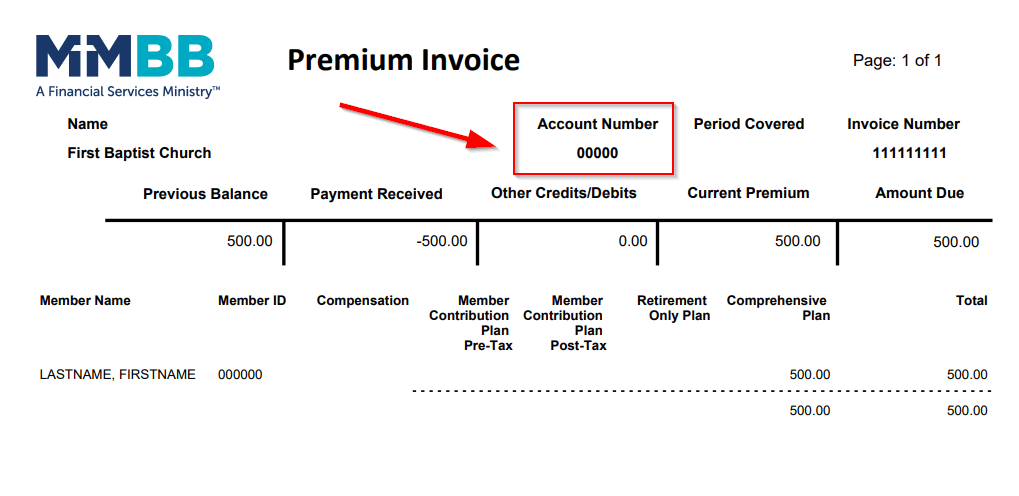If you think Medicare will cover all your healthcare costs when you retire, think again. The sobering reality is that Medicare generally only covers about 60% of the cost of basic healthcare services for individuals aged 65 and older.
A recent study by the Employee Benefits Research Institute (EBRI) examined the amount of savings Medicare beneficiaries are projected to need to cover program deductibles, premiums and other health expenses over the course of their retirement. While it is difficult to predict how much healthcare you’ll need as you age, the study* estimated that as of 2016 a 65-year-old man would need $72,000 in savings and a 65-year-old woman would need $93,000 if each had a goal of having a 50% chance of having enough money to cover healthcare expenses. Even worse, if each wanted to increase their chances of having enough savings to 90%, the man would need $127,000 and the woman would need $143,000. Most retirees don’t have savings set aside specifically to pay for healthcare expenses in retirement. When retired, they typically pay for their healthcare using current income such as Social Security, pensions, earned income and retirement account distributions. Health insurance premiums and out-of-pocket healthcare expenses account for 13% of healthcare spending in retirement. Many retirees will need to save even more to cover long-term care expenses and other healthcare expenses not covered by Medicare such as dental care and hearing aids.
There are steps you can take now to become educated and financially prepared for healthcare expenses in retirement. Cyndi Hutchins, Director of Financial Gerontology at Merrill Lynch, recommends estimating out-of-pocket costs such as insurance co-pays, and Medicare premiums to forecast what potential healthcare costs could look like, including long-term care. Long before you retire, spend time learning as much as you can about Medicare (Parts A and B), including Medicare Advantage (Part C), and Part D plans for prescription coverage, and supplemental Medigap plans.
2017 Medicare Costs at a Glance:
| Part A premium |
Most people don’t pay a monthly premium for Part A (sometimes called “premium-free Part A”). If you buy Part A, you’ll pay up to $413 each month. If you paid Medicare taxes for less than 30 quarters, the standard Part A premium is $413. If you paid Medicare taxes for 30-39 quarters, the standard Part A premium is $227. |
| Part A hospital inpatient deductible and coinsurance |
You pay:
- $1,316 deductible for each benefit period
- Days 1-60: $0 coinsurance for each benefit period
- Days 61-90: $329 coinsurance per day of each benefit period
- Days 91 and beyond: $658 coinsurance per each “lifetime reserve day” after day 90 for each benefit period (up to 60 days over your lifetime)
- Beyond lifetime reserve days: all costs
|
| Part B premium |
The standard Part B premium amount is $134 (or higher depending on your income). However, most people who get Social Security benefits will pay less than this amount ($109 on average). |
| Part B deductible and coinsurance |
$183 per year. After your deductible is met, you typically pay 20% of the Medicare-approved amount for most doctor services (including most doctor services while you’re a hospital inpatient), outpatient therapy, and durable medical equipment. |
| Part C premium (Medicare Advantage) |
The Part C monthly premium varies by plan. Visit www.medicare.gov to compare costs for specific Part C plans.
|
| Part D premium (Medicare Prescription Drug Coverage) |
The Part D monthly premium varies by plan (higher-income consumers may pay more). Visit www.medicare.gov to compare costs for specific Part D plans.
|
Source: https://www.medicare.gov/your-medicare-costs/costs-at-a-glance/costs-at-a-glance.html
The ability to pay for healthcare is one of the most critical issues of retirement. An MMBB CERTIFIED FINANCIAL PLANNER™ professional will work with you to incorporate estimated healthcare costs and possible long-term care considerations into your financial plan. It’s important to determine how much money you will need to set aside for medical expenses, both predictable and unexpected, and to develop a plan that meets your needs. Financial Planning is a free service offered to all MMBB members. To schedule a meeting with one of our CERTIFIED FINANCIAL PLANNER™ professionals, call 800.986.6222 or email [email protected].
* EBRI’s saving targets represent the present value of projected expenses over the course of the individual’s retirement.https://www.ebri.org/publications/notes/index.cfm?fa=notesDisp&content_id=5527
Back to Financial Resource Center









